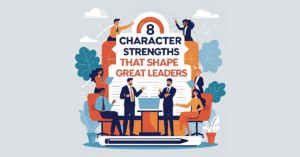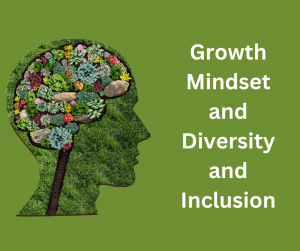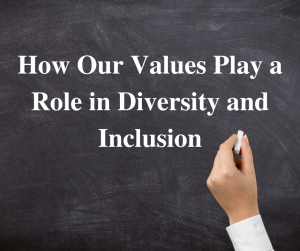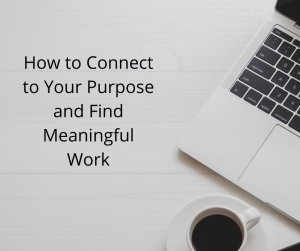Self-Efficacy
By: Gretchen Johnson
Self-Efficacy. The belief we have in our own abilities, specifically our ability to meet the challenges ahead of us and complete a task successfully (Miriam Akhtar, 2008).
Just recently, my self-efficacy as a Coach was put to the test and, I must admit, it wavered for a moment.
One of my clients didn’t want to work with me anymore.
I found myself wondering things like “Why didn’t the client leader discuss with me any concerns they were having?” “Weren’t my skills good enough? “What did I do wrong?” “Didn’t I possess the capacity to coach well?”
While I found myself sitting in some self-doubt, there were also a series of events that were transpiring behind the scenes that I was able to draw upon to connect with my self-efficacy again.
Someone I just met and had the opportunity to speak with about diversity and coaching told me that she could tell I had a “gift” for coaching. I also demonstrated my self-trust in my abilities to apply for and earn a coaching credential through the International Coaching Federation.
The very same day that I was told I lost the client, I passed the last stage for that credential, and just a few short days later, received my official ICF ACC!
Things may happen that test your self-confidence; but don’t ever doubt your abilities. Don’t lose confidence in yourself. Even if you are lacking a skill set or something didn’t go quite the way you would have wanted, have confidence in your ability to meet any challenge that may present itself.
Self-efficacy is critical. And, fortunately, self-efficacy is a psychological skill that you can foster and strengthen!
So, how can you build your self-efficacy?
Psychologist Albert Bandura identified four major sources of self-efficacy.
- Mastery Experiences – Performing a task successfully strengthens your sense of self-efficacy. This is the most effective way.
- Social Modeling – Witnessing other people successfully completing a task.
- Social Persuasion – Getting verbal encouragement from others helps overcome self-doubt and instead puts focus on giving your best effort to the task at hand.
- Psychological Responses – Your own responses and emotional reactions to situations. Moods, emotional states, physical reactions, and stress levels can all impact how you feel about your personal abilities in a particular situation.
Coach Yourself: What specific things or people can I draw upon to help build my self-efficacy?
Remember: “People’s beliefs about their abilities have a profound effect on those abilities.”
Albert Bandura








